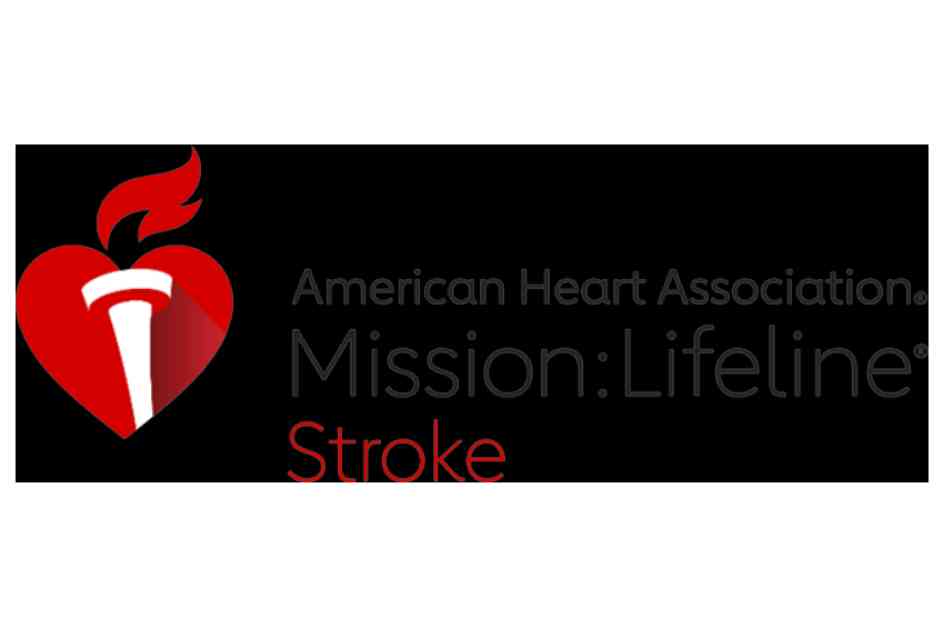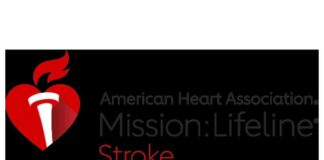Expanding Access to Rural Health and Stroke Care in Minnesota
In a groundbreaking move to enhance stroke care across Minnesota, the American Heart Association/American Stroke Association has unveiled a statewide commitment of $4.7 million. Spearheaded by a generous $4 million grant from The Leona M. and Harry B. Helmsley Charitable Trust, this initiative aims to fortify the full spectrum of stroke care in the state.
The primary goal of this initiative is to bolster the existing statewide stroke system of care by establishing essential support systems that complement the successful acute stroke efforts led by Minnesota through the federal Paul Coverdell Program. By focusing on two key components, the Association seeks to bridge the gaps that hinder individuals in rural areas and those with limited English proficiency from receiving timely and appropriate stroke treatments. Additionally, the initiative aims to enhance their access to post-acute care facilities following guideline-directed care.
According to Heather Peterson, Vice President of Community Impact for the American Heart Association, “Stroke is a time-sensitive medical emergency. Healthcare providers must have accurate descriptions of symptoms, which can be challenging when language barriers exist between patients, families, and healthcare providers.” She further elaborates, “This effort will create culturally and linguistically relevant materials, ultimately improving stroke literacy among all Minnesotans to ensure the best possible outcomes after a stroke.”
At the conclusion of the three-year initiative, Minnesotans will benefit from expanded resources, infrastructure, and efforts that cover the entire stroke journey. These enhancements include:
– Increased culturally and linguistically relevant public awareness on stroke signs, symptoms, the importance of calling 911, and stroke prevention education
– Guideline-directed care in post-acute care facilities to enhance recovery and quality of life
– Infrastructure and support for data collection across various rehabilitation facilities, such as Critical Access Hospitals with swing beds, inpatient rehabilitation facilities, and skilled nursing facilities, to drive continuous quality improvement
– Access to skilled nursing facilities certified in post-acute stroke care
Empowering Communities with Lifesaving Information
The Helmsley Charitable Trust’s substantial investment in the American Heart Association’s system of care model for acute cardiac and stroke care underscores a commitment to ensuring all Minnesotans have access to appropriate care from the onset of stroke symptoms through post-acute treatment. Walter Panzirer, a Trustee for the Helmsley Charitable Trust, emphasizes the importance of translating public education materials into multiple languages to broaden the impact and equip more individuals across the state to recognize a stroke and respond effectively during an emergency.
Cardiovascular disease, encompassing heart and stroke conditions, stands as the leading cause of death in the United States. In Minnesota alone, strokes account for more than 2,300 deaths annually, with many more individuals living with stroke-related disabilities. Given the time-sensitive nature of strokes, prompt treatment is crucial to saving lives and reducing long-term disability.
Dr. Haitham Hussein, a Neurologist at the University of Minnesota and former board president for the American Heart Association in the Twin Cities, stresses the significance of quality stroke rehabilitation in the recovery process. He commends the American Heart Association’s Mission: Lifeline Stroke efforts for ensuring that Minnesotans, both in urban and rural areas, have the best chance at leading long and healthy lives post-stroke.
Continued Support for Enhanced Healthcare Systems
Since 2010, the Helmsley Charitable Trust has allocated over $90.9 million to further the American Heart Association’s mission, playing a foundational role in enhancing statewide systems of care in the Upper Midwest. This support has extended to initiatives such as Mission: Lifeline STEMI projects in seven states between 2010 and 2016 and the launch of Mission: Lifeline Stroke in North Dakota, Nebraska, Montana, and Iowa.
The Leona M. and Harry B. Helmsley Charitable Trust, with a focus on improving lives through exceptional efforts in health and select place-based initiatives, has committed more than $4.5 billion since commencing active grantmaking in 2008. Through the Rural Healthcare Program, the Trust funds innovative projects that leverage information technologies to connect rural patients to emergency medical care, deliver cutting-edge medical therapies to remote areas, and provide advanced training for rural hospitals and EMS personnel.
This latest endeavor to expand access to rural health and stroke care in Minnesota represents a significant step forward in addressing disparities in stroke treatment and recovery. By investing in culturally relevant education, infrastructure improvements, and post-acute care facilities, the American Heart Association and the Helmsley Charitable Trust are paving the way for a healthier future for all Minnesotans affected by strokes.


















